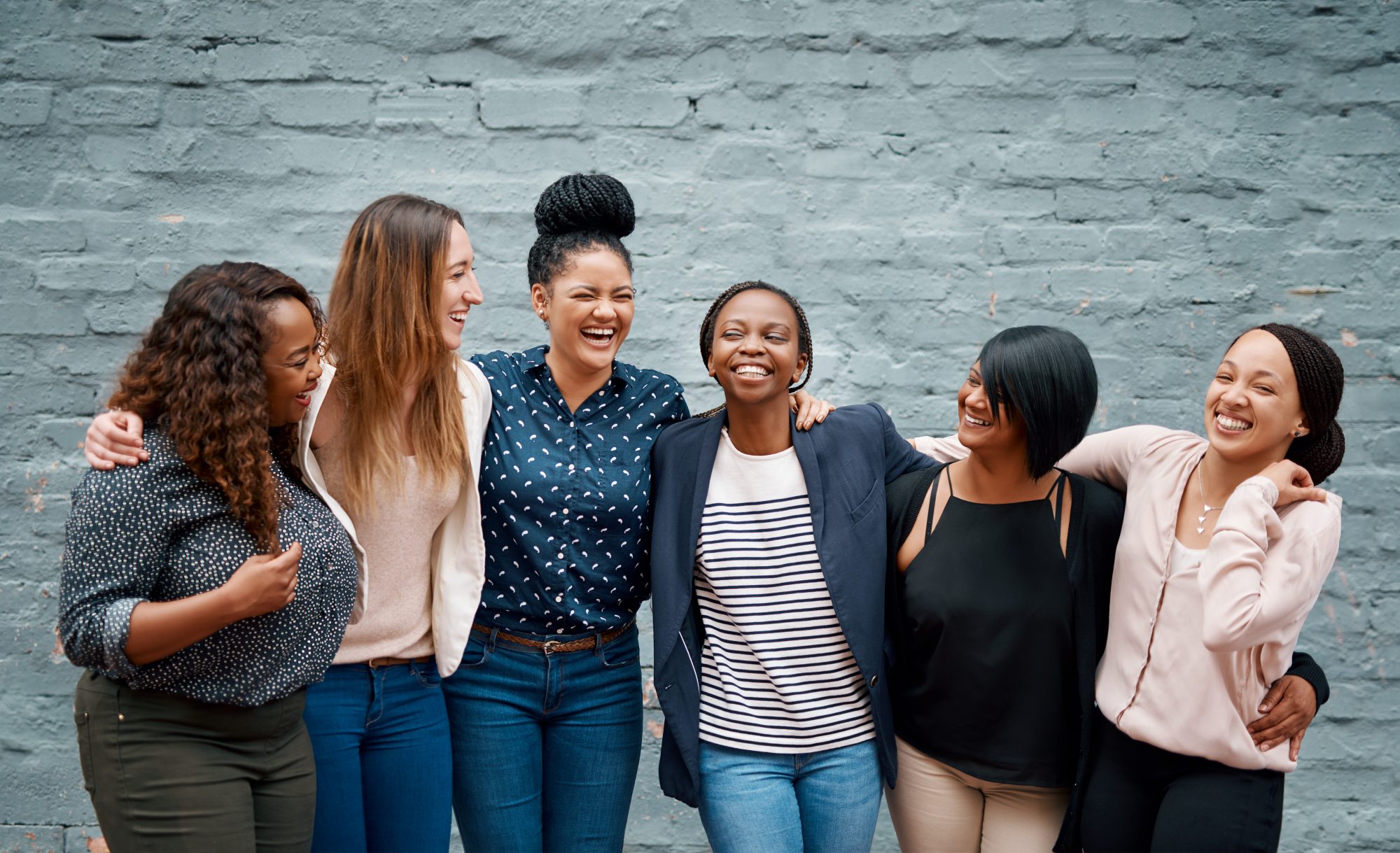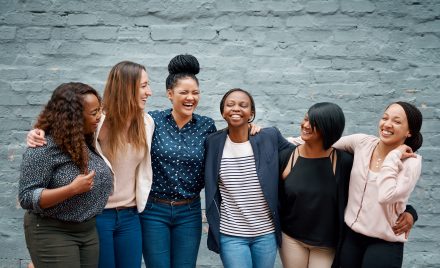Abortion rights, women of color, and LGBTQI+ people are under attack. Pledge to join us in fighting for gender justice.
Four Gender Justice Wins in Virginia That Show Representation Matters in 2020

 Women’s political voices matter. We all knew that, but now we have even more proof! A recent National Women’s Law Center and Quorum joint Fact Sheet found that women’s political representation is changing state legislatures, and Virginia is no exception. In the past, we’ve seen harmful attacks against transgender folks, access to abortion, and working families in Virginia. However, we are happy to report that the tides are changing. In the 2019 midterm election, Virginia saw sweeping wins for women, who now make up 26.4 percent of the Virginia General Assembly. In the 2020 legislative session, Virginia became the 38th state to ratify the Equal Rights Amendment. And the Legislature recognized that living up to the standards set out in the ERA requires additional legal reform: as the session wrapped up on Friday, four key gender justice policies were on their way to the governor’s desk…
Women’s political voices matter. We all knew that, but now we have even more proof! A recent National Women’s Law Center and Quorum joint Fact Sheet found that women’s political representation is changing state legislatures, and Virginia is no exception. In the past, we’ve seen harmful attacks against transgender folks, access to abortion, and working families in Virginia. However, we are happy to report that the tides are changing. In the 2019 midterm election, Virginia saw sweeping wins for women, who now make up 26.4 percent of the Virginia General Assembly. In the 2020 legislative session, Virginia became the 38th state to ratify the Equal Rights Amendment. And the Legislature recognized that living up to the standards set out in the ERA requires additional legal reform: as the session wrapped up on Friday, four key gender justice policies were on their way to the governor’s desk…
-
Virginia Is for Lovers & Reasonable Accommodations for Pregnant Workers
The Virginia General Assembly passed the Pregnant Workers Fairness Act (HB 827) unanimously in the Senate, and with bipartisan support in the House of Delegates. Hooray! This common-sense, common-ground legislation will ensure pregnant workers get workplace accommodations when they need them to keep working and have a healthy pregnancy, like bathroom breaks or a stool for workers who spend long hours on their feet. We know that there are 2 million women in the Virginia workforce and supporting pregnant workers strengthens our families and our businesses. When signed, Virginia will become the 29th state to adopt such a law!
-
Non-Discrimination Protections for Sexual Orientation and Gender Identity or Bust
The Virginia Values Act (SB 868) will grant protections to Virginians against discrimination on the basis of sexual orientation and gender identity in housing, employment, and public accommodations. It successfully passed both chambers of the Virginia General Assembly on February 6th. If signed by the Governor, Virginia will be the first southern state to have non-discrimination protections for LGBTQ folks.
-
We Won’t Let Girls of Color Be Pushed Out of School. Period.
With bipartisan support, the Virginia General Assembly passed the Dress Code Equity Act (HB 837), which helps prevent girls of color, especially Black girls, from being pushed out of school because of how they look. Strict dress codes enforce race and gender stereotypes and contribute to a rape culture that tells girls “the way you dress is the reason for your harassment.” Del. Jennifer Carroll Foy has been a leader on this issue in the House of Delegates, and we are grateful for her championship. This dress code reform is first of its kind legislation in the states.
-
📢📢85% of Virginians Support Access to Abortion—So, Let’s Expand Access 📢 📢
One in four women will have an abortion in her lifetime, but unfortunately—even with 85 percent of Virginians’ support—access to abortion hasn’t been a reality for all Virginians for some time. But in February, the Reproductive Health Protection Act (SB 733/HB 980) passed out of both chambers in Virginia. If signed by the governor, the bill will remove the requirements for patients to endure 24-hour mandatory delays, state-mandated biased counseling, and medically unnecessary ultrasounds. It would also allow trained and qualified nurses to provide abortion care within the first trimester and remove the medically unnecessary restrictions targeting abortion providers. We are hopeful to see the expansion of abortion access in Virginia!
Of course, there is always more work to be done. For example, while Virginia also became the first southern state to set its minimum wage on a path to $15, the increase leaves too many hardworking Virginians behind—including tipped workers, most of whom are women. Yet, the pace of progress in just one session gives us hope that Virginia is well on its way to fulfilling the promise of its ERA ratification by ensuring gender equality for all.





